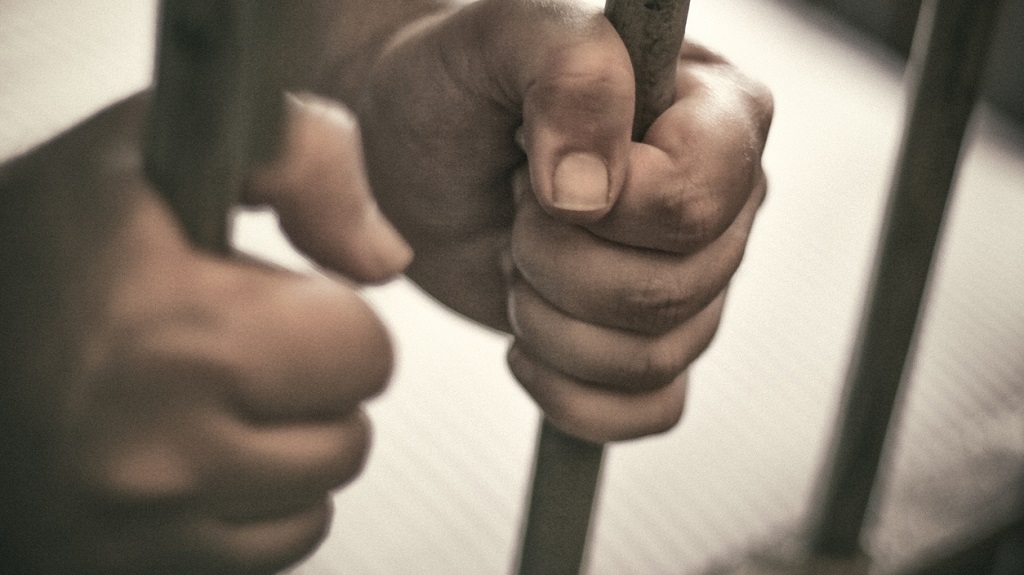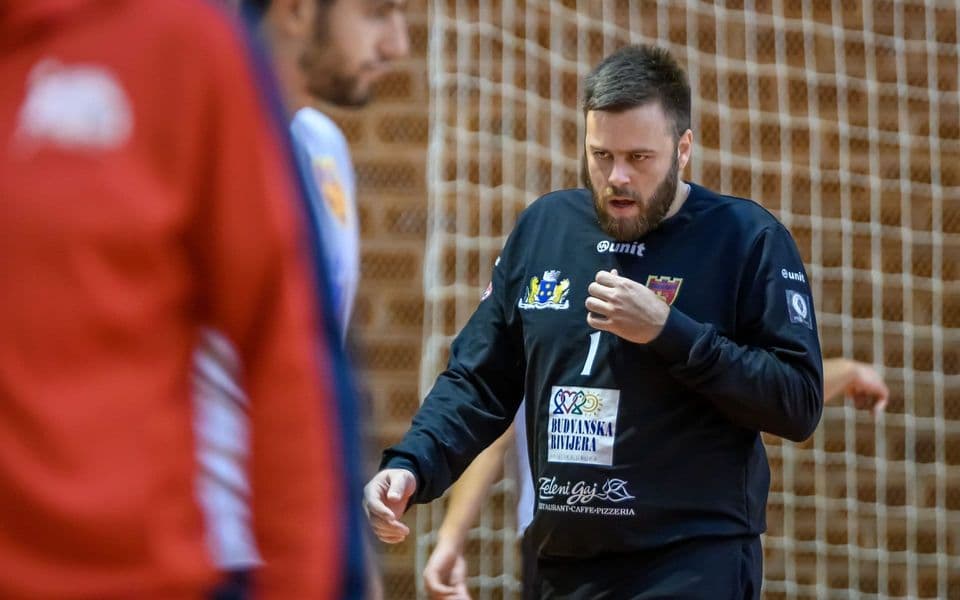As homelessness in Moncton grows, so do challenges for downtown businesses
Businesses in the downtown area of New Brunswick’s largest city say they’re grappling with the impacts of a deepening addiction and homelessness crisis.
Small businesses say they’re struggling with theft, vandalism and open drug use

On a brisk January afternoon, Emily Flint keeps a watchful eye on people passing by her café on St. George Street in downtown Moncton.
Most days she sees at least one person experience a drug overdose on the sidewalk, she said. Flint keeps overdose reversal kits tucked behind her cash register and has gone outside to help people.
“We are actively needing to put CPR and Narcan to use in our day-to-day life,” she said, referring to naloxone, a medication used to reverse the effects of a known or suspected opioid overdose.
“It starts to wear on the soul,” Flint said.

Businesses in the downtown area of New Brunswick’s largest city say they’re grappling with the impacts of a deepening addiction and homelessness crisis.
According to Patrick Richard, executive director of Downtown Moncton Centre-ville, downtown businesses continue to raise concerns about an uptick in theft, vandalism, break-ins and concerns over customer safety.
Flint opened the Groggy Frog Café about three years ago, just a few blocks away from two homeless shelters. She said she has encountered many people experiencing a mental health crisis in the café and has discovered people injecting opioids in the washroom.
WATCH | ‘We feel for these people. They need to be somewhere’:

How Moncton’s homelessness crisis is impacting businesses
In New Brunswick’s largest city, shops and restaurants are searching for solutions or moving out of the downtown entirely because of problems related to homelessness.
Having recovered from addiction herself, Flint said she tries to offer assistance to people. A year ago, she started collecting donations for people in need. She has tried offering warm clothing, personal hygiene supplies and naloxone kits.
“We’re trying to do what we can. We will still feed people if they come into the café, but I personally don’t have it in me anymore to go out and hand things out on the street,” she said. “It’s incredibly defeating.”
Moncton’s latest point-in-time count — a snapshot of the homeless population — reported nearly 400 people experiencing absolute homelessness in the city. The survey found a sharp increase over the past two years, with more than a third of the people sleeping rough outside of shelters.
Locking the doors
In response to theft and vandalism, many large retailers in the city have added private security, a measure small businesses say they can’t afford.

Colpitts Menswear on Main Street locks its front door during business hours, requiring customers to ring a doorbell before coming in.
Manager Mathieu Hunt said the clothing boutique was dealing with “grab-and-run” thieves, and people on the sidewalk were making customers feel unsafe because of what he called “questionable” activity.
“You’re walking down Main Street and you’ll hear people screaming at you for no obvious reason,” he said.

Hunt said the shop decided to start locking its doors about two years ago after an aggressive shoplifter threatened a customer. The change has helped to curb thefts, but he said there are still concerns.
“The parking lot in the back, we’ve had issues with that, where people say they feel scared to just park their car and walk down … because they just never know what’s going to happen.”
‘People were afraid’
A few blocks away on St. George Street, another clothing store is now shuttered after packing up and moving. Boutique 2nd Look, a women’s consignment store, moved in the fall to a new location in the suburban north end.
Owner Ginette Robichaud said downtown crime played a part in her decision. She was looking for a bigger space and said the city centre was “off-limits” in her search.

Robichaud said her store experienced repeated theft, break-ins and criminal activity right outside the entrance. She also didn’t feel safe leaving through the back entrance at night.
“It was to the point where people were afraid to come and visit us. We had calls saying, ‘We wish you were in a different location,'” she said.
At the St. George Street location, people would sleep on the front steps and become confrontational at times when asked to move.
Robichaud said the situation downtown took a sharp turn during the pandemic.
“We feel for these people. They need to be somewhere,” she said.

At the Groggy Frog Café, Flint said she feels for the businesses experiencing vandalism and theft. But she said they need to learn about and acknowledge the root causes of the issues rather than simply blaming people experiencing addiction and homelessness.
“I think we need to drop the concept of personal pride, the ‘us versus them’ concept,” she said.
“As much as it might be a pain sometimes to deal with individuals that are intoxicated, at the end of the day they are humans. We need to deal with it in a way that treats humans as humans.”
ABOUT THE AUTHOR
Alexandre Silberman is a video journalist with CBC News based in Moncton. He has previously worked at CBC Fredericton, Power & Politics, and Marketplace. You can reach him by email at: alexandre.silberman@cbc.ca
Note: This article have been indexed to our site. We do not claim legitimacy, ownership or copyright of any of the content above. To see the article at original source Click Here













